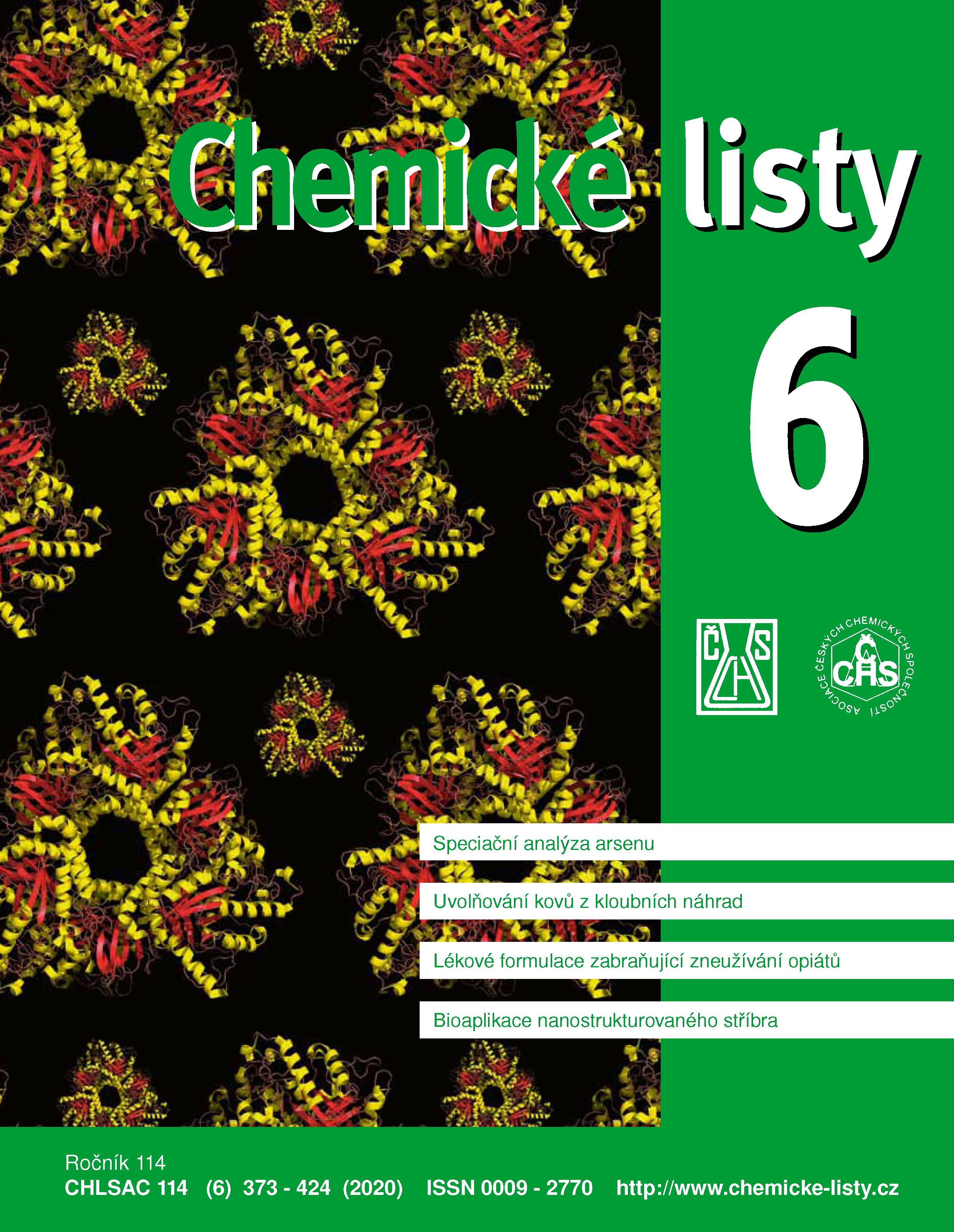Low-Melting Phosphate Glass for Corrosion Protection of Depleted Uranium
Keywords:
depleted uranium, corrosion protection, zinc-lead phosphate glass, inorganic enamelAbstract
The industrial applications of the depleted uranium (DU) are limited by its high susceptibility to corrosion. No efficient solution to this problem has been found so far. Current work describes coating of the DU surface with glassy inorganic film – enamel; a lead-zinc-phosphate based low-melting glass is used for this purpose. After spraying the enamel powder dispersion on DU sufrace followed by sintering at 440 °C, the continuous glassy film of a complex morphology is formed. The enamel inhibits corrosion of DU, is resistant to high doses of ionising radiation and, therefore, has a great potential for industrial applications.





